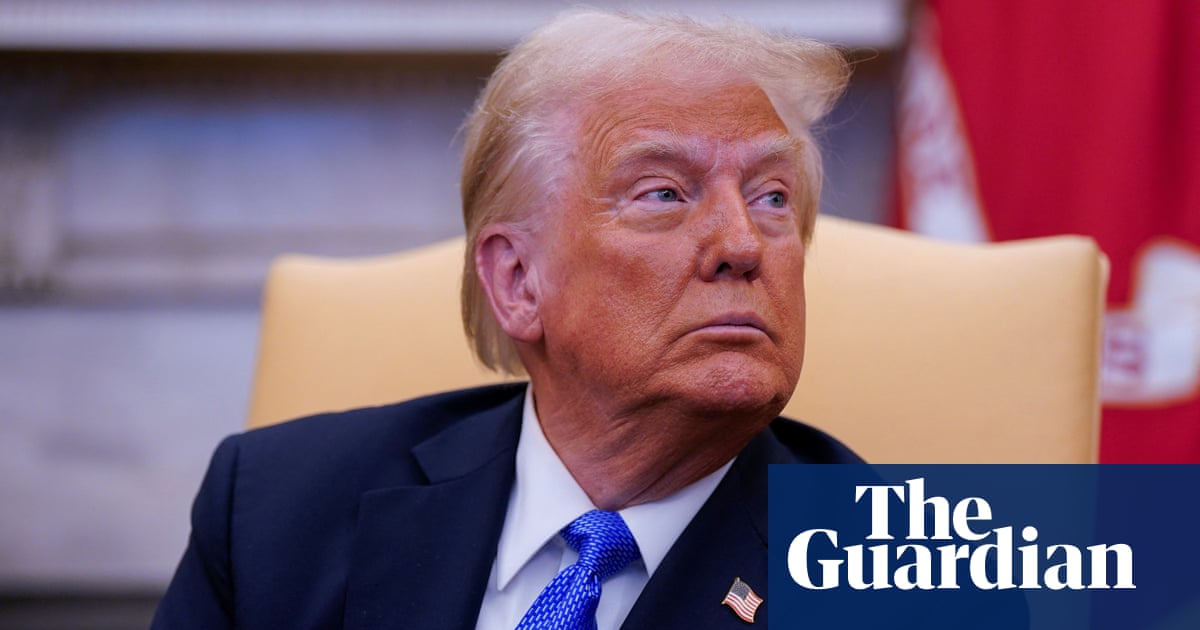Donald Trump halted a key part of his tariff attack on China on Friday, as he threatened to impose new US duties on goods from many more countries next week.
Plans to ensure shipments from China to the US worth less than $800 still face tariffs – removing the longstanding duty-free status of low-cast packages – have been delayed to give more time to federal agencies to prepare for the change.
At the White House on Friday, however, the president said he would announce new reciprocal tariffs on more countries next week. He did not give any details specifying what the tariffs will be and which countries would be affected.
“I’ll be announcing that next week reciprocal trade, so that we’re treated evenly with other countries. We don’t want any more, any less,” Trump told reporters during a bilateral meeting with Japanese prime minister Shigeru Ishiba.
On Tuesday, the US Postal Service briefly halted all incoming packages from China and Hong Kong after Trump ended a de minimis provision that allowed low-value packages from China to enter the US duty-free.
The provision allowed Chinese e-commerce companies such as Shein and Temu to ship items into the US without having to pay tariffs Trump had enacted on China in 2018. After a 12-hour period, the US Postal Service resumed taking all packages on Wednesday.
An executive order, signed by Trump, said he would keep the provision until “adequate systems are in place to fully and expediently process and collect tariff revenue”.
The president had removed the duty-free provision as his overall tariff strategy against China, what he says is in response to illegal drugs that are coming in from the country. Trump placed a 10% tariff on all Chinese imports, which went into effect this week.
after newsletter promotion
Any new tariffs will add to the confusion and chaos over global trade Trump has created since he entered office. Trump had originally planned to place 25% tariffs against Mexico and Canada on 1 February but ultimately halted both tariffs after negotiations with the country leaders. Those tariffs are now expected to go into effect 1 March.
Reuters contributed reporting


